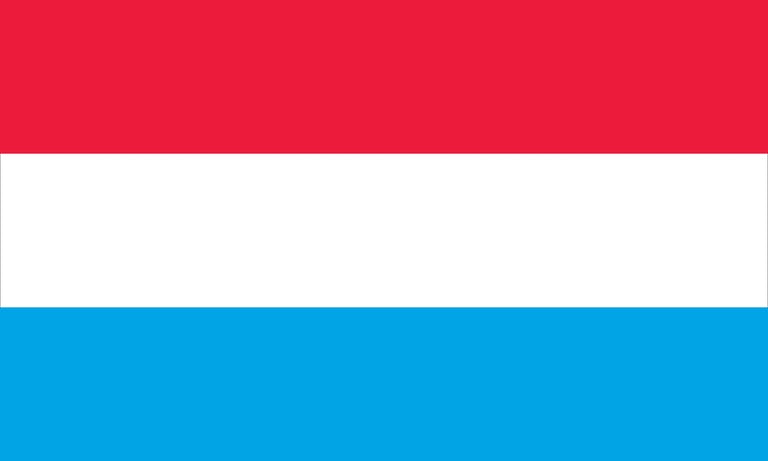Luxembourg
From Wikipedia


The Grand Duchy of Luxembourg, is a small landlocked country in Western Europe. It is bordered by Belgium to the west and north, Germany to the east, and France to the south. Its capital and most populous city, Luxembourg City, is one of the four institutional seats of the European Union (together with Brussels, Frankfurt, and Strasbourg) and the seat of several EU institutions, notably the Court of Justice of the European Union, the highest judicial authority. Luxembourg's culture, people, and languages are greatly influenced by France and Germany; for example, Luxembourgish, a Germanic language, is the only national language of the Luxembourgish people and of the Grand Duchy of Luxembourg, French is the only language for legislation, and all three – Luxembourgish, German and French – are used for administrative matters in the country.
With an area of 2,586 square kilometers (998 sq mi), Luxembourg is Europe's seventh-smallest country. In 2024, it had a population of 672,050, which makes it one of the least-populated countries in Europe, albeit with the highest population growth rate; foreigners account for nearly half the population. Luxembourg is a representative democracy headed by a constitutional monarch, Grand Duke Henri, making it the world's only remaining sovereign grand duchy.
Luxembourg is a developed country with an advanced economy and one of the world's highest GDP (PPP) per capita as per IMF and World Bank estimates, making it the richest country in the world. The nation's levels of human development and LGBT equality are ranked among the highest in Europe. The historic city including its fortification was declared a UNESCO World Heritage Site in 1994 due to the exceptional preservation of its vast fortifications and historic quarters. Luxembourg is a founding member of the European Union, OECD, the United Nations, NATO, and the Benelux. It served on the United Nations Security Council for the first time in 2013 and 2014.
Nassouh GSPI
Assessing global strength through various metrics.
contact us
gspi@nassouh.com
© 2025. Nassouh, All rights reserved.
